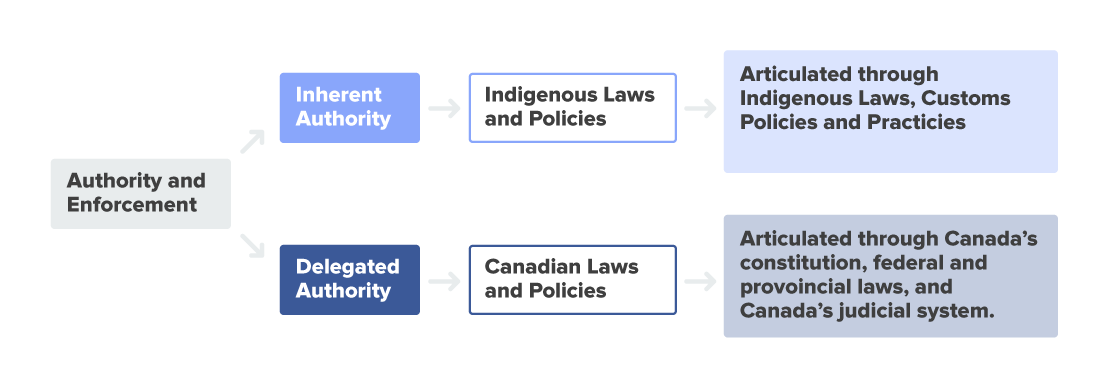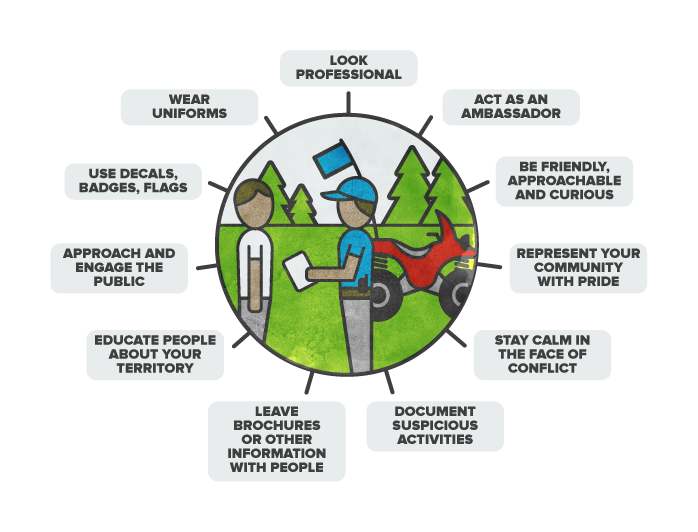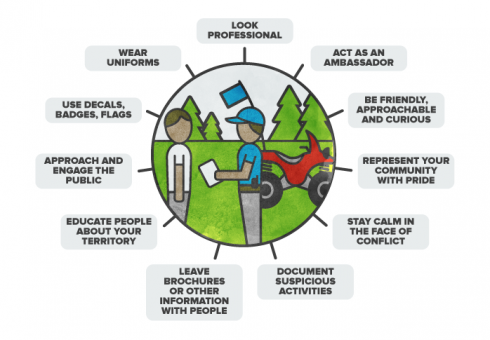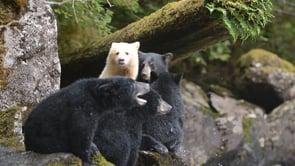
Inherent Authority to Enforce Indigenous Laws and Policies
For some Indigenous Guardian programs, a clear mandate has been established to articulate and enforce Indigenous laws and policies. If this is something that your community is considering, here are some questions to think about:
- Which Indigenous laws and policies are you most interested in enforcing?
- Are those laws and policies clearly articulated and broadly understood by the people they apply to? If not, are you willing or able to have conversations about Indigenous law?
- Will these laws and policies apply to members of your community and/or people from outside your community?
- Can compliance with your Indigenous laws and policies be achieved through education and outreach?
- Has a process for enforcing your Indigenous laws and policies been established and agreed upon?
- What will be the range of responses if your Indigenous law is not followed? How will a response be chosen?
- What will you do if there is a conflict between your Indigenous laws and Canadian laws? Have you received legal advice to understand the options and implications?
- Are procedures in place to support and protect the safety of your Indigenous Guardians if they find themselves in conflict or hostile situations?
Delegated Authority to Enforce Canadian Laws and Policies
For some Indigenous Guardian programs, there is a desire to take specific actions to address issues of non-compliance with Canadian laws and policies. This can lead to enforcement activities such as issuing tickets, issuing fines, confiscation, warrants for arrest, etc. Under the Canadian legal system, however, Indigenous Guardians do not typically have the authority to conduct these types of activities.
There are exceptions where some aspects of enforcement authority related to Canadian laws have been delegated to Indigenous Guardians or representatives. For instance, the DFO Aboriginal Fisheries Guardian designation or through provincial agreements re: Indigenous Conservation Officers and Park Rangers and Wardens.



